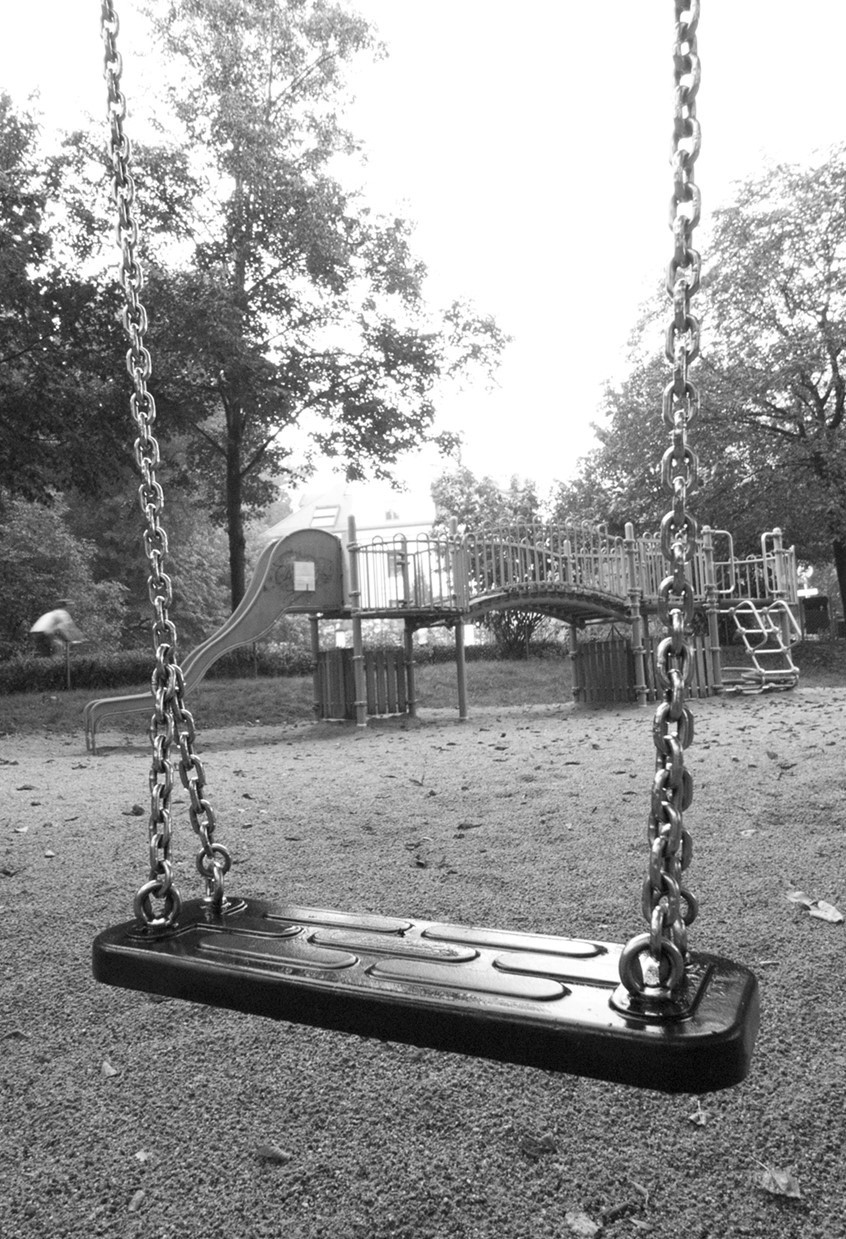
Are child poverty and America’s housing crisis up for debate?

Thursday night the leading presidential candidates took the stage in Houston for the latest debate. Earlier this summer, Voices for Human Needs took note of the fact that candidates are rarely asked debate questions about how to address poverty. This week we witnessed a number of groups and individuals who argued that presidential debates should include questions about how to solve homelessness and America’s affordable housing crisis, and about how to best address child poverty.
Prior to Thursday night, more than 600 groups, including CHN and a number of CHN’s member groups, signed a letter calling on ABC, Univision, and Thursday night’s debate moderators to ask each presidential candidate how they would address the nation’s housing and homelessness crisis. “So far, 11 presidential candidates have released major housing plans or other housing proposals to address the housing crisis,” the letter states. “They are talking about these plans on the campaign trail – in town halls, forums, and coffees in New Hampshire, Iowa, and beyond. But during the first two rounds of presidential debates, debate moderators have neglected to directly ask candidates how they would address our nation’s housing affordability crisis. People in America need to hear all presidential candidates share what they will do to make homes affordable to the tens of millions who are struggling to keep roofs over their heads or who have no homes at all.”
And it’s not just housing.
The Children’s Defense Fund is spearheading a petition to demand that presidential debates include a question about child poverty and how to fix it. The petition, which had attracted more than 18,000 signatures by Friday morning, spotlights Israel Glenn, an 18 year old Minnesota man who is starting college this fall. Glenn writes:
“Did you know it’s been 20 years since there was a question about how to address child poverty in a presidential debate? But a child is born into poverty every minute in this country. Those children will face hunger, homelessness, illness, violence and toxic stress. And those children deserve answers about how the next president of the United States is going to make sure they get a fair shot at a better life.
“Ignoring this issue on the national debate stage sends a signal that children living in poverty are not a priority. To fix the problem, we need to put a spotlight on it.”

Glenn, who recently won a 2019 Beat the Odds scholarship from Children’s Defense Fund-Minnesota, speaks from personal experience. One in six children in America are poor, and he was one of them.
“Growing up on the North Side of Minneapolis, I know what it means to struggle,” he writes. “I’ve been homeless, spending school nights sleeping on park benches. I’ve been hungry, not knowing where my next meal would come from. I know what it means to have to work to support your family when you need to be focusing on school. And I know that other kids shouldn’t have to face these struggles. Every child in America should be able to focus on learning, growing, and just being a kid.”
Glenn’s petition drew the notice of New York Times Pulitzer Prize-winning columnist Nicholas Kristof, who on Thursday published an op-ed headlined, “Our Children Deserve Better. They’re falling behind other countries’ kids. Do the presidential candidates care?”
Kristof writes:
“On Thursday, 10 Democratic presidential candidates will debate. It would be a natural opportunity to provoke a national conversation on the subject. But a question about child poverty hasn’t been asked at a presidential debate in 20 years, not since a Republican primary debate in 1999, according to the Children’s Defense Fund.”
Both the petition and Kristof’s op-ed are timely. Data released this week by the U.S. Census Bureau show children falling behind. Example: In 2018, 4.3 million children under the age of 19 were uninsured (5.5 percent), up from 3.9 million (5 percent) in 2017. And First Focus, in its hot-off-the-presses annual Children’s Budget Book, reports that the share of spending on children in the U.S. declined to an all-time low of just 7.21 percent in the current fiscal year.

“We don’t lack the tools to help, or the resources,” Kristof concludes. “The challenge is just that in our political system, children don’t count – and never get mentioned in presidential debates.”
That didn’t change Thursday night. Debate moderators failed to ask a question about child poverty and they failed to ask a question about homelessness or America’s affordable housing crisis. Several candidates mentioned these topics, though. They recognized that issues like improving education are intertwined with the need to reduce poverty and increase affordable housing. But what we really need is for the candidates to be asked, each in turn, how they would address these critical issues.
But there’s another debate next month.
And by then, even more people will have heard of a teenager named Israel Glenn.

